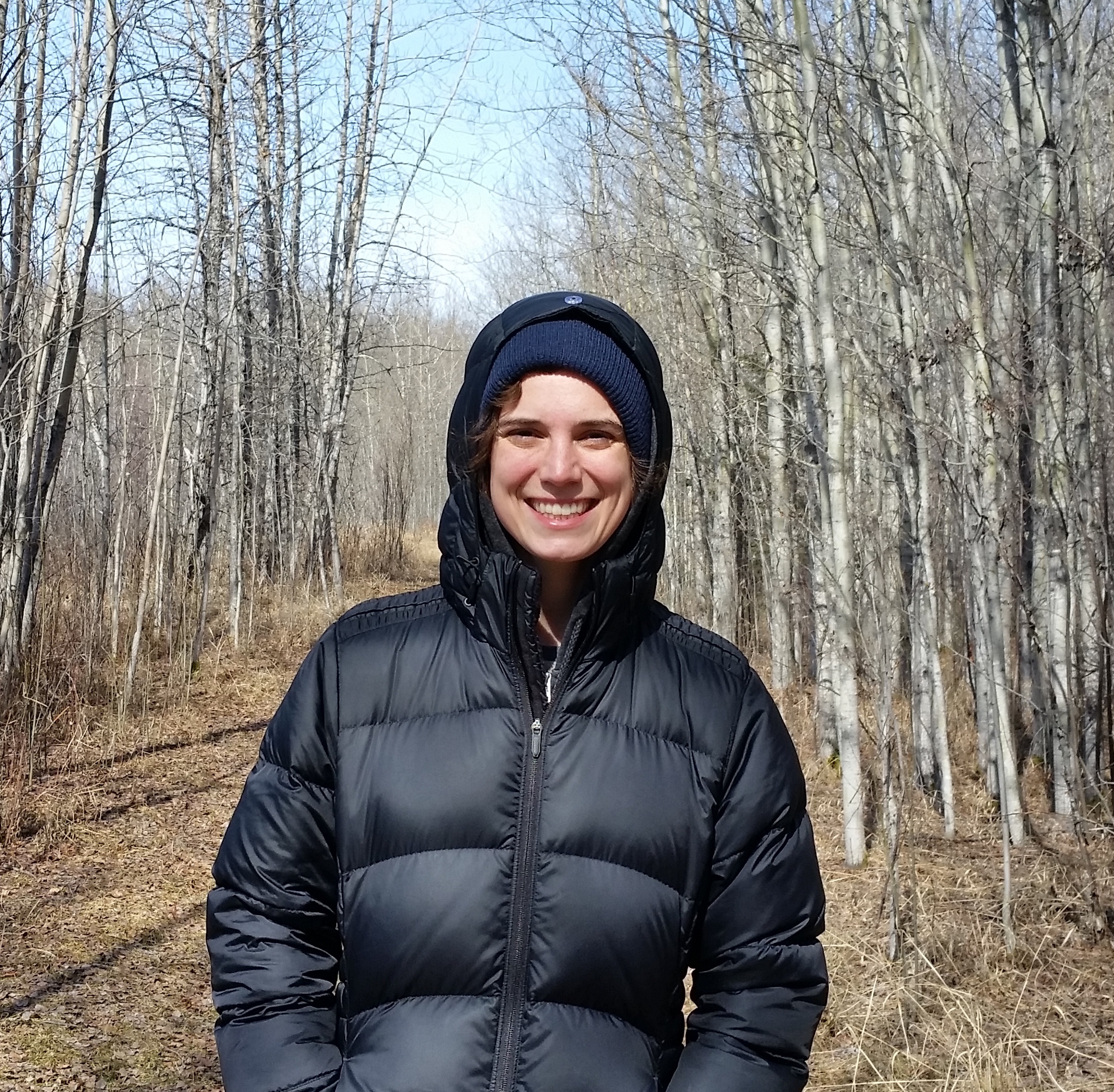Understanding Wildlife Responses to Anthropogenic Activity

Ruth Oliver’s work is at the cutting edge of using creative, diverse, and novel technologies and data types for ecological research. The Bren community is so excited to have Ruth join as faculty in July.
—Anna Boser, PhD Student, Bren School
Watch a recording of this talk here
ABSTRACT
As mankind's footprint continues to grow, wildlife are under increasing pressure from climatic change, habitat encroachment, exploitation, pollution, and invasions. Protecting and conserving wildlife for future generations requires both understanding the mechanisms by which animals respond to anthropogenic change and rapidly generating insights more quickly. In this talk I will discuss the potential for emerging technologies to help address these dual issues. I will present work attempting to disentangle the effects of human modification and mobility on how wildlife interact with their environments, leveraging GPS data collected on birds and mammals during the COVID-19 pandemic. I will also discuss the growing role that automated sensors, or camera traps, can play in closing critical biodiversity information gaps around the world.
BIO
Dr. Ruth Oliver is an ecologist whose main focus is on developing innovative computational methods to analyze large data sets to determine how global biodiversity responds to environmental change. Ruth received a bachelor’s degree in Physics from Claremont McKenna College and a PhD in Earth and Environmental Sciences from Columbia University. She is currently an Associate Research Scientist at Center for Biodiversity and Global Change and the Department of Ecology and Evolutionary Biology at Yale University. Ruth will be joining the Bren School as an Assistant Professor in July!